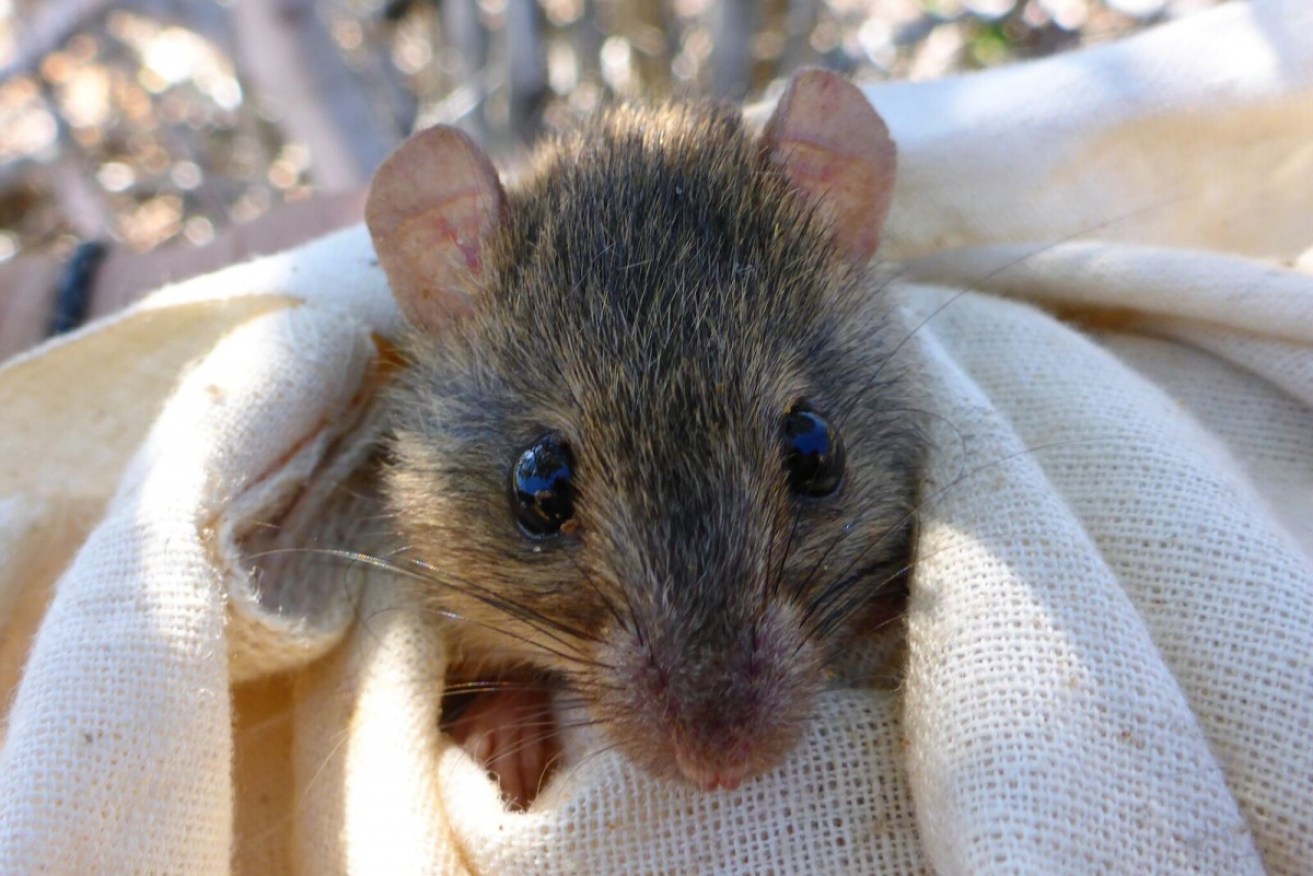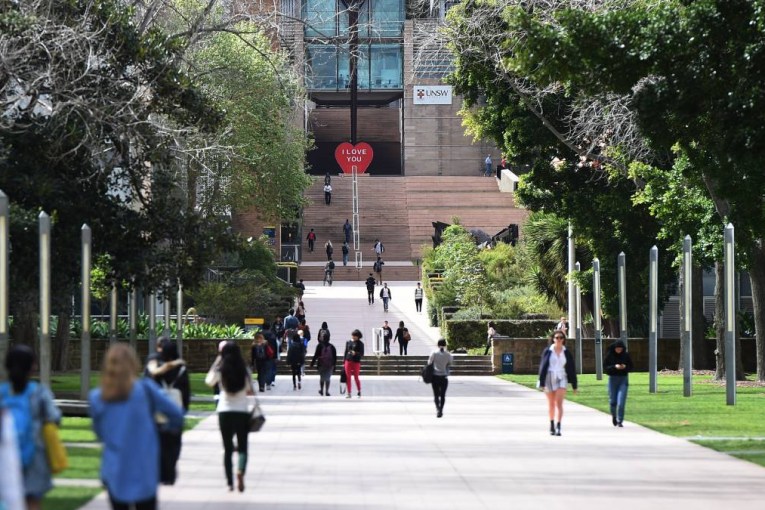Climate change kills off rare Aussie mammal


University of Queensland
Most people have never heard of the Bramble Cay melomys. It looks like you may never hear from it again.
New research from the University of Queensland and the Queensland Government has claimed a dubious honour for Australia after declaring the Bramble Cay melomys the first mammal made extinct by human-induced climate change.
• Govt doctored UN climate change report
• What a scorcher: autumn was the hottest on record
• Shorten pledges $500m for reef
The Bramble Cay melomys, once the only mammal endemic to the Great Barrier Reef, was last known only to live on a small coral cay – 340 meters by 150 meters -in the Torres Strait.
Dr Luke Leung of the UQ’s School of Agriculture and Food Science said anecdotal information obtained from a professional fisherman who visited Bramble Cay annually for the past 10 years suggested that last known sighting of the animal was made in late 2009.
Dr Leung said after a limited survey in March 2014 failed to detect the species, Bramble Cay was revisited from August to September 2014.

Last seen in 2009. The Bramble Cay melomys is likely gone forever. Photo: University of Queensland.
“A thorough survey effort involving 900 small animal trap-nights, 60 camera trap-nights and two hours of active daytime searches produced no records of the species, confirming that the only known population of this rodent is now extinct,” he said.
Dr Leung said the extinction of the Bramble Cay melomys was almost certainly due to deaths and habitat loss caused by ocean inundation of the low-lying cay. Bramble cay sits just 3 meters above sea level.
“Available information about sea-level rise and the increased frequency and intensity of weather events producing extreme high water levels and damaging storm surges in the Torres Strait region over this period point to human-induced climate change being the root cause of the loss of the Bramble Cay melomys,” he said.
Dr Leung said the fact that exhaustive efforts had failed to record the rodent at its only known location, and extensive surveys had not found it on any other Torres Strait or Great Barrier Reef island, gave him confidence in the assertion that Australia had lost another mammal species.
“Significantly, this probably represents the first recorded mammalian extinction due to anthropogenic climate change,” he said.
The first documented species extinction due to climate change came in 1999 with the death of the last Golden Toad in Central America.
A 2015 study, Accelerating Extinction Risk from Climate Change, found that species extinction is accelerating with the rise in global temperatures and could threaten “up to one in six species under current (climate) policies.”
The highest-risk areas identified were South America, Australia and New Zealand.







